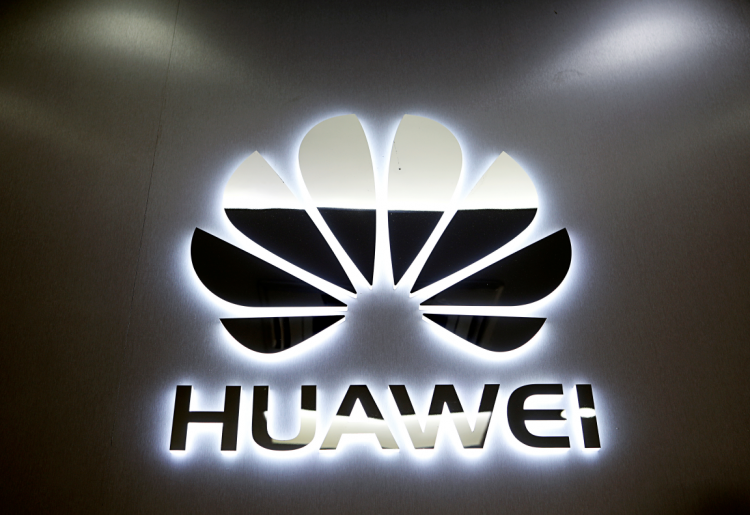An Intel executive has spoken up about the Huawei blacklisting that forced many companies to cut ties with the Chinese tech giant. It appears that even if the firm reduced dealings with the Honor maker, it is convinced there should have been a different approach.
Deputy General Counsel and Vice President of Intel's Law and Policy Group, Peter Cleveland, argued that the White House can explore other options towards its concerns about Huawei.
For Cleveland, there is a "positive way and the informative way" to help Huawei abide by the U.S. government's business and security demands. He said a "more constructive approach" was better "rather than a sledgehammer approach that wipes out their business here."
Ever since the Huawei blacklisting was signed by U.S. President Donald Trump, the firm's American partners have been cutting business or reducing orders. While the move could push companies to be less dependent on Huawei, many sectors believe the ban is a huge blow to the U.S. tech industry as well.
Cleveland revealed that Intel has approached Trump about its concerns and it is also working closely with Huawei's Ren Zhengfei to find a way on curbing the massive impact of cutting business ties.
It is worth noting that the Huawei blacklisting took place amid escalated trade tensions between Beijing and Washington. Once the ban was announced, the Chinese government moved to develop its own Entity List that could also restrict American brands to develop in the massive Chinese market.
For Cleveland and Intel, the Huawei blacklisting is something that is negative not just for China but also for the U.S. Once China unveils the American companies on its ban list, it could cause a shock on tech stock markets.
Huawei has also been questioned by the British Parliament regarding its ties with the Chinese government. The firm's cybersecurity chief John Suffolk noted that the company is not obliged to spy for its government, as advised by legal experts.
Suffolk further explained on Monday that there are many countries around the world with "unclear" language in its law developments. He said the lack of clarity in legislation that the White House used as a gauging factor for spying led the company to ask legal guidance.
The U.K. has yet to decide on allowing Huawei to help develop its 5G networks. Washington has repeatedly warned other countries to ban the Chinese tech provider but Brazil said it will not block 5G development projects with the world's second largest smartphone maker.
Huawei is also expected to help develop Russia's 5G networks, following Chinese President Xi Jinping's visit to the Kremlin wherein the two countries reaffirmed enhanced bilateral ties.





